Dietmar Rösler (Gießen) p.16-31
2000 Issue 1
Abstract
Foreign-language learning with the new media: between the sanctuary of the classroom and the open terrain of natural language acquisition.
In this article I will discuss the importance of the new media for foreign language learning in four steps.
- Step one will look at changes in foreign language learning brought about by the advent of the new media. The second and third steps belong, today at least, to two different realms of science fiction.
- Step two briefly addresses how the internet could be used in co-operative development of teaching material – there are no technical elements of science fiction here, the futuristic element lies in the organisation of the production and distribution of teaching material.
- Step three, on the other hand, is proper science fiction: I will ask whether natural language acquisition could be imitated in an artificial virtual world of the target language and culture and whether this would actually be a desirable development.
- Step four, finally, returns to the real world to take a look at a successful internet reading course provided by the Goethe-Institut.
This article will neither cover the development of CALL software nor address the question as to whether a new paradigm of foreign language learning has evolved as a result of the new media and of constructivist thinking. The former won’t be covered due to lack of space Ð even a publication in the WWW has to set its limits not because of lack of volume but out of consideration for the reader. The latter simply doesn’t interest me: whether a new paradigm evolves or not is something which the history of the subject has to determine in fifty years time or more, discussions about it now can only be regarded as another example of the growing trend of research being replaced by academic marketing.
